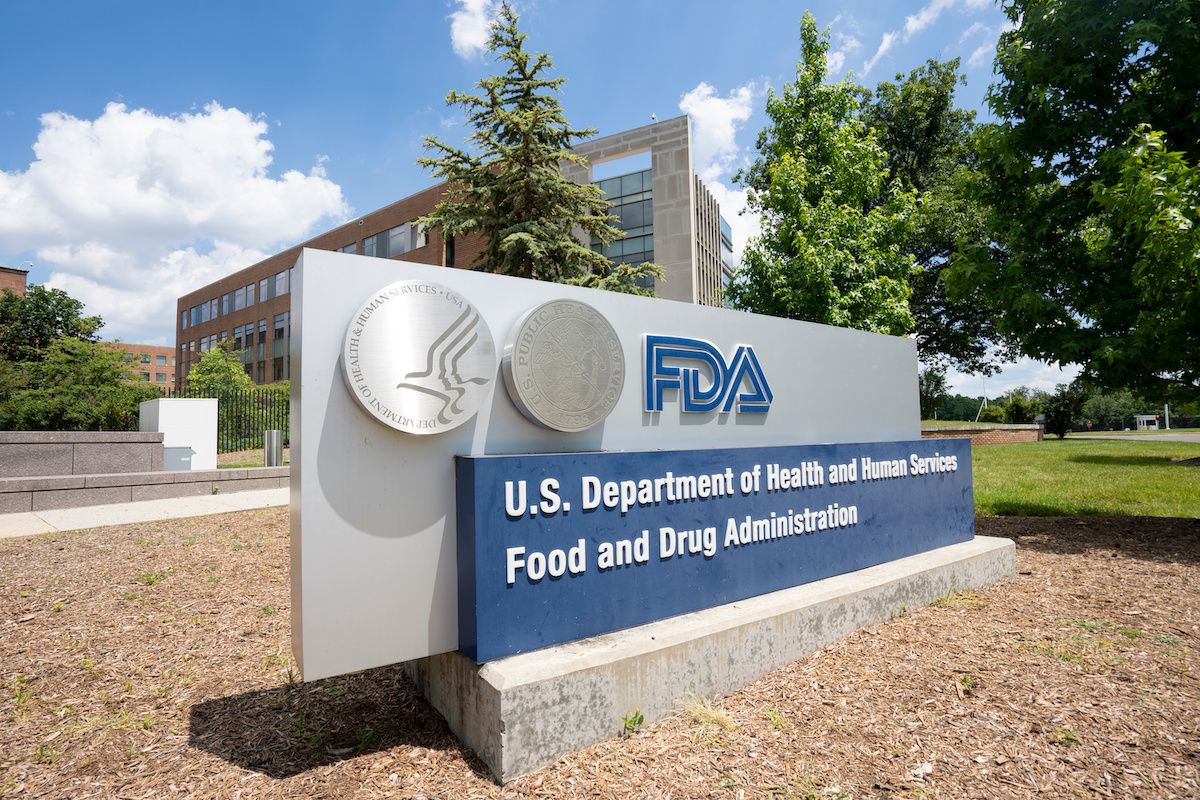Article
Outlook
If you prescribe, will they dispense?
To dispense or not to dispense . . . that's one of the politically charged questions roiling healthcare these days. At issue is whether pharmacists have the right notto fill prescriptions-specifically for the controversial "morning after" pill, Plan B-that violate their moral or religious beliefs.
Arkansas, Georgia, Mississippi, and South Dakota have already granted pharmacists the right of conscientious refusal. Eleven other states have also introduced bills establishing so-called "pharmacist conscience clauses," according to the National Conference of State Legislatures.
The trend has triggered a backlash, both at the state level and on Capitol Hill. In April, Illinois' Democratic Gov. Rod Blagojevich ordered state pharmacists to fill all prescriptions for FDA-approved contraception. Pharmacies that don't have the prescribed drug in stock, or a suitable substitute, must take other steps to fill the script. The temporary order-which has a shelf life of 150 days, unless extended-has been challenged in court by the American Center for Law and Justice, a "pro-life" public-interest law firm founded by religious broadcaster Pat Robertson.
"A pharmacist's personal beliefs should not come between a patient and his doctor," Lautenberg said.
Doctors agree. But in policy statements like the one adopted in May by the American Academy of Family Physicians, they've been careful not to offend their pharmacist colleagues: "The AAFP believes that a pharmacist's right of conscientious objection should be reasonably accommodated, but to safeguard the patient-physician relationship, government policies must be in place to protect patients' rights to get legally prescribed and medically indicated treatments."
Additional action is likely this week at the AMA's annual meeting in Chicago. In one of several pharmacist-related resolutions slated for submission, the AAFP, the American College of Physicians, and others will call upon the AMA to work with groups like the American Pharmacists Association to protect patient access to "legally prescribed, medically indicated therapies."
Can doctors and pharmacists work out their differences? If you look to mainstream groups like the APhA, the answer is probably Yes; since 1998 it's held essentially the same policy on conscience clauses as the one doctors back.
But other groups take a harder line. "If a doctor wants to make sure his patient gets the drug that stops human life, he can dispense it himself," says Karen Brauer, president of Pharmacists for Life International, which promotes a pro-life philosophy for the profession. Brauer is also against any laws that require pharmacists who refuse to dispense to make referrals to those who don't. "A doctor who refuses to perform an abortion doesn't have to refer to one who will," she says. "Why the double standard for pharmacists?"
With rhetoric like that, doctors may face a tougher battle on the issue than they think.





